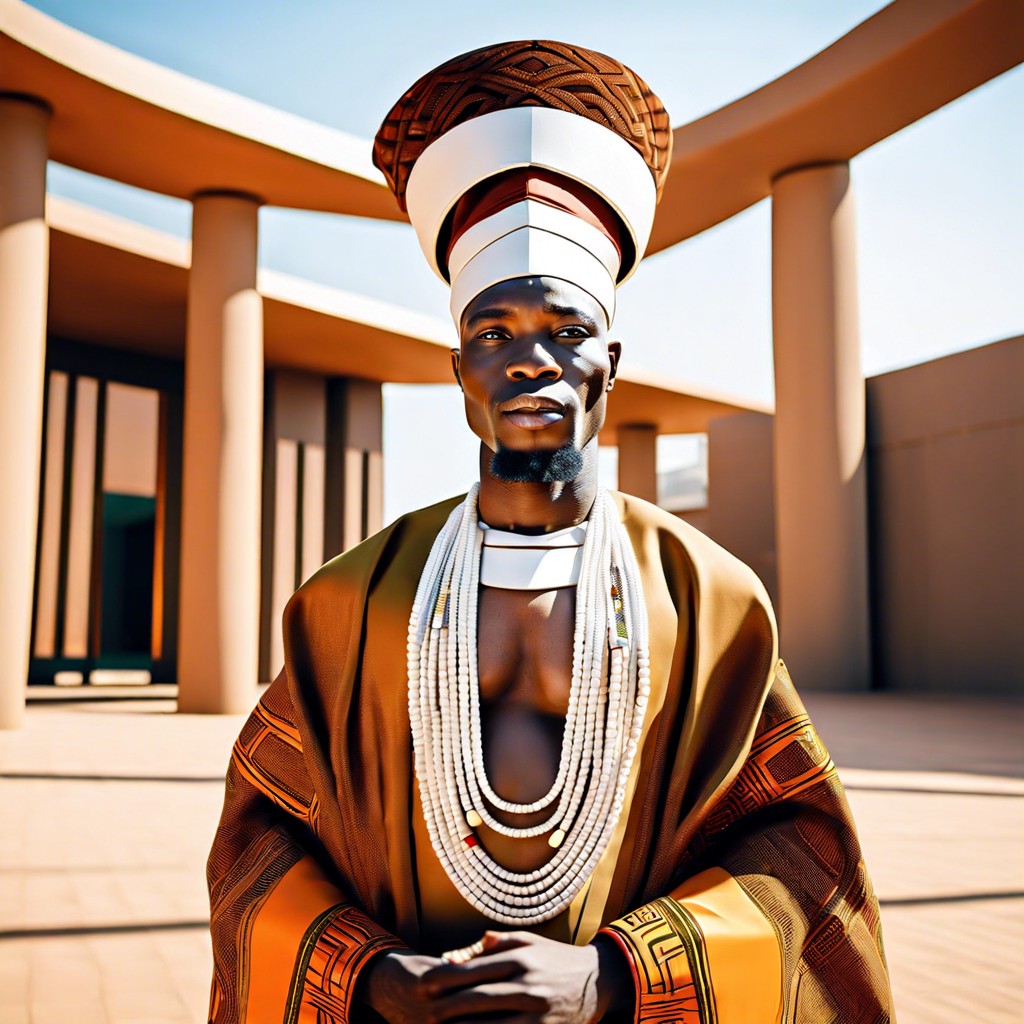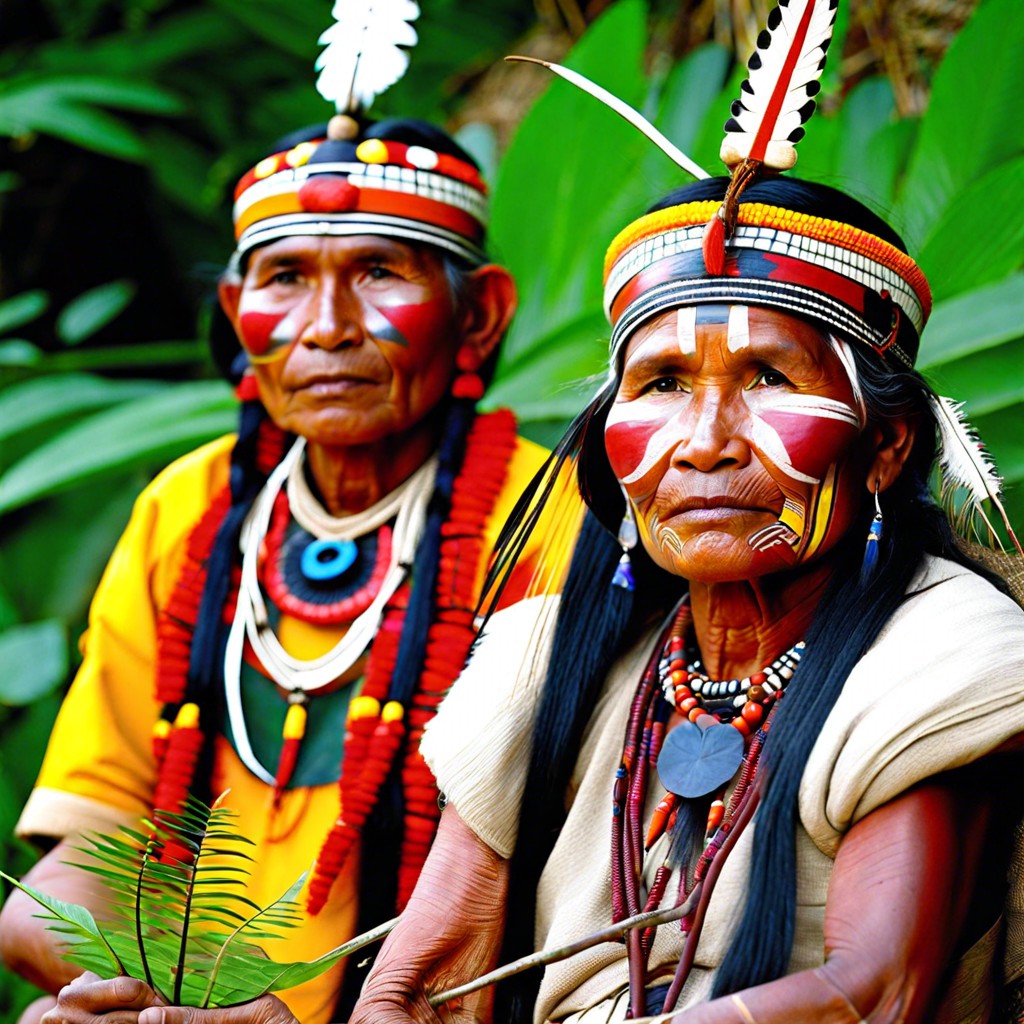Discover how Africa’s landscape, cultures, and economies might have flourished differently if colonization had never occurred.
Imagine a world where Africa’s rich tapestry of nations remained untouched by colonial powers, painting a vastly different picture on our global canvas. How might the political landscape, economic development, cultural diversity, technological progress, and social relations have evolved? Dive into this alternate reality as we unravel the unique possibilities of an uncolonized Africa, with each nuanced facet meticulously explored for your intellectual feast.
Key takeaways:
- Political landscape varied, fostering innovation in governance structures.
- Economic growth with thriving local trade networks and industries.
- Cultural diversity flourished with untouched languages and art forms.
- Technological advancements drove by homegrown innovation and knowledge systems.
- Social structures retained unique norms, gender roles, and community ties.
Political Landscape and Governance

Imagine a mosaic of kingdoms, states, and confederations from the bustling city-states of the Swahili Coast to the expansive empires like Mali. Leadership structures would likely vary, with some regions continuing the tradition of councils of elders and others adopting centralized monarchies.
This political patchwork could foster regional cooperation and balance. Imagine the African Union being centuries old, rather than a few decades, effectively mediating conflicts and negotiating trade deals.
Diverse political systems would encourage innovation in governance. Who needs one-size-fits-all when you can have democratic experiments in one region and meritocratic councils in another? And oh, the political debates would be colorful! Imagine tribal elders debating next to youthful technocrats.
Power dynamics would shift, with internal politics driven by local priorities rather than colonial whims. A nation’s resources would be used for its own development, leading to more equitable growth. Imagine a continent where the word “corruption” is as foreign as “selfie” would have been a century ago.
Economic Development and Trade
Imagine African nations engaging in trade without the interruption of colonialism’s extractive practices. Here are a few intriguing possibilities:
Firstly, natural resources. Instead of being forcibly extracted and shipped off, African countries could have developed their own industries around these resources. Picture cocoa empires in West Africa or diamond innovation hubs in South Africa.
Indigenous agriculture and local trade networks would have probably thrived and expanded. Whole new crops and farming techniques might have emerged, heralding a diverse food landscape.
Cities would evolve into bustling trade centers, fostering regional cooperation. Think of Nairobi or Lagos as ancient equivalents of modern-day Dubai.
Local currencies and economic systems would have naturally flourished, unrestrained by European imports. Banking systems could be uniquely African, with innovations surpassing today’s financial models.
The absence of arbitrary borders means trade routes would be more logical and efficient. Imagine the Silk Road reborn, but weaving through the continent, enhancing connectivity and prosperity.
Local artisans and craftsmen would dominate markets, possibly bringing world-famous African brands into existence. Rolex? How about Zulu-Tek instead?
Lastly, Africa might have spearheaded global economic forums, negotiating from a position of strength rather than subjugation. Imagine the World Economy—African Edition!
Economic autonomy without colonial interference? A dynamic, thrilling landscape indeed.
Cultural and Linguistic Diversity
Imagine a continent where over 2,000 languages flourish without external influence. Africa’s languages would likely evolve in richer, more diverse ways. Local dialects might dominate, creating a vibrant tapestry of communication that reflects the nuances of each region’s cultural identity.
Indigenous art and traditions would reign supreme. Traditional music, dance, and storytelling could develop in unique ways free from colonial interruption. Think of the works of art, dance forms, and music genres that could be as globally renowned as jazz or ballet – but purely African in origin.
Festivals and rituals would retain their original meanings and customs. Celebrations would reflect the unique beliefs and histories of each community. The knowledge of the ancestors, passed down through generations, would be preserved in its entirety.
Food for thought: culinary traditions would be even more diverse. Without external pressures to conform, local cuisine would likely evolve into even more distinct and region-specific varieties, reflecting an unbroken line of culinary heritage and innovation.
Lastly, let’s not forget fashion. Traditional attire, materials, and jewelry would carry forward their strong cultural significance, becoming central to a distinct and evolving African aesthetic that remains unblemished by foreign tastes.
Technological and Scientific Advances
Consider for a moment that Africa’s rich history of innovation and discovery continued uninterrupted. The continent boasts some of the earliest known human technologies, from sophisticated metalworking in ancient Nigeria to advanced architectural feats in Mali. Imagining this trajectory means envisioning a continent buzzing with homegrown technological prowess.
Imagine an Africa where its universities bloom as centers of learning and inquiry, rivaling historical giants like Alexandria. Indigenous knowledge systems, backed by the resources of a thriving, independent continent, might have led to breakthroughs that would look different yet be just as impactful as those in the Western world.
Think about the innovative agricultural techniques Africa’s diverse climates could inspire. Picture eco-friendly infrastructure tailored to local environments. Isn’t it fascinating to envision solar technology rooted in the Sahara or sustainable fishing industries revolutionizing coastal economies? These are the kinds of advancements that a free, uncolonized Africa could have pioneered.
And let’s not overlook the potential in medicine. Traditional healing practices may have blended with emerging sciences, yielding unique medical paradigms and treatments. The biodiversity alone could have spurred pharmaceutical revolutions.
So many what-ifs, right? Yet, they’re rooted in Africa’s existing pre-colonial brilliance. It’s an exciting thought experiment that stirs the imagination!
Social Structures and Relations
Imagine the social dynamics without the rigid hierarchical structures introduced during colonial rule. The rich tapestry of African societies, each with its own intricate social norms, would have thrived and evolved autonomously.
Gender roles might have been different. Many pre-colonial African societies were matrilineal or had significant female leadership. Colonization often imposed patriarchal norms, curbing women’s roles.
Youth would likely enjoy a different place within society. Traditional systems where age groups played unique and respected roles might have persisted, fostering intergenerational collaboration.
Ethnic relations could have remained more fluid. Often, colonial borders forced together diverse groups or split unified ones, breeding tension. A non-colonized Africa may have seen more organic, negotiated boundaries and relations.
In terms of conflict resolution, many African societies had sophisticated methods like councils of elders and community dialogues to maintain peace. These might have thrived and adapted, potentially leading to less reliance on adversarial legal systems.
Communal living and extended family support systems might also have remained stronger. Western individualism disrupted this fabric, but without that influence, community-centric living could continue.
Lastly, kinship ties and indigenous traditions would likely hold greater importance in daily life, shaping social interactions in a more unique and localized manner.




